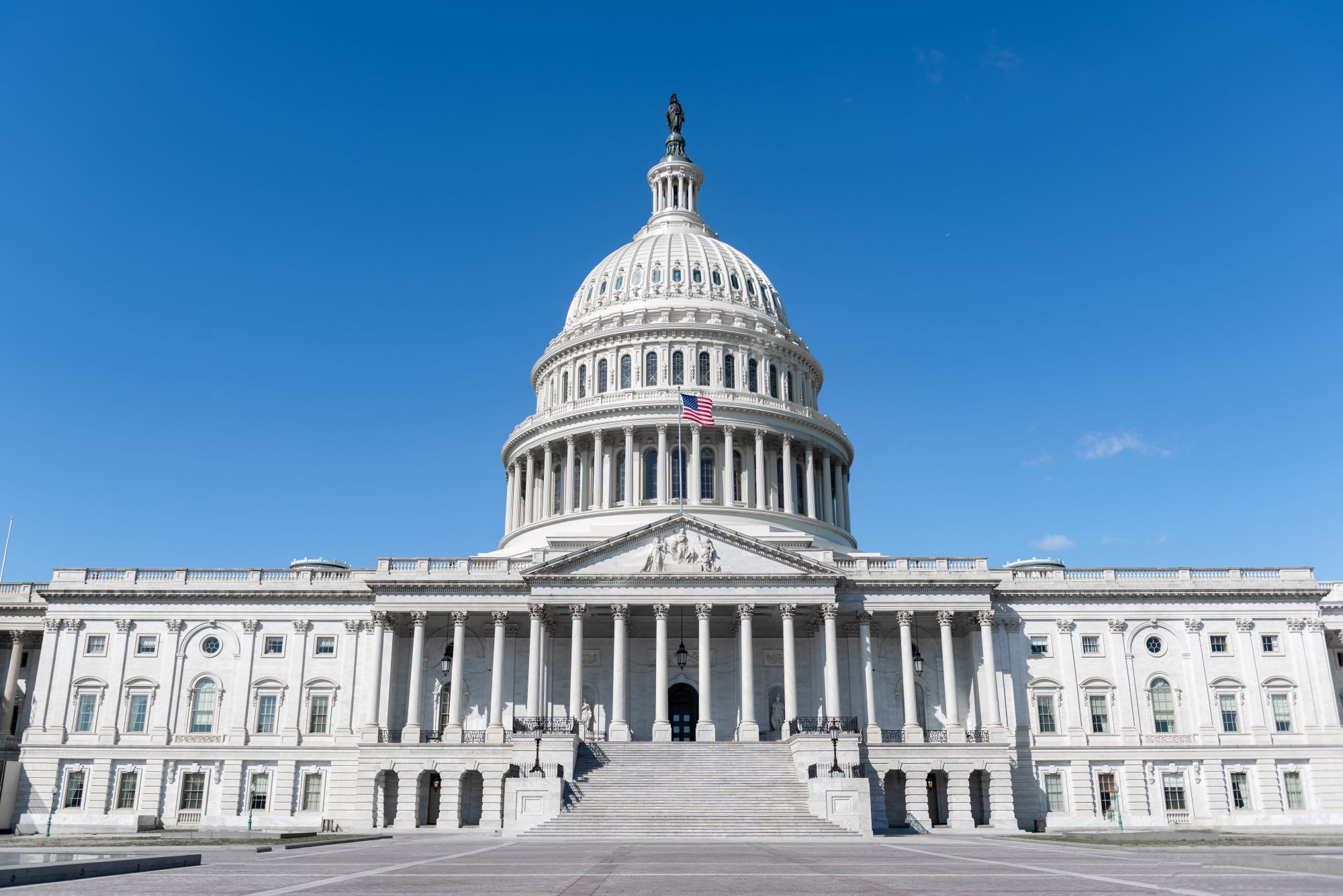Energy Efficiency is a Winning Issue for House Energy and Commerce Committee
Let's Save Energy
Alliance to Save Energy's Blog

Energy efficiency continues to be a winning issue for both sides of the aisle! The House of Representatives Energy and Commerce Committee today advanced two bipartisan energy efficiency bills by voice vote.
H.R. 2689, the Energy Savings Through Public-Private Partnerships Act, authored by Rep. Cory Gardner (R-CO) and Alliance Honorary Vice Chair Rep. Peter Welch (D-VT), would facilitate the use of energy savings contracts to encourage private sector investment to upgrade the energy and water efficiency of federal facilities.
The federal government reaps energy and cost savings through performance contracting, such as Energy Savings Performance Contracts (ESPCs) and Utility Energy Service Contracts (UESCs). These projects save money by reducing the cost of energy and operations in federal buildings with no outlay of federal funds. These financing vehicles provide real savings without requiring appropriations for capital, and are particularly important now when government dollars are scarce. Efficiency projects financed through performance contracts are also incredible job creators, establishing 11,000 American jobs for every $1 billion of investment. The legislation promotes transparency and accountability across the federal government and will further enable federal agencies to maximize their present energy efficiency contracting authorities. The legislation streamlines the statute, providing consistency and clarification within the existing ESPC law and supports the ability of federal agencies to leverage the private sector for energy savings without relying on appropriated funds.
H.R. 4092, the Streamlining Energy Efficiency for Schools Act of 2014, introduced by Rep.Cartwright (D-NY) with several co-sponsors including Rep. Markwayne Mullin (R-OK), aims to promote energy efficiency initiatives in our nation’s schools. This common-sense, no-cost legislation would streamline existing federal initiatives and establish the Department of Energy (DOE) as the lead agency in coordinating efforts to help initiate, develop, and finance energy projects for schools. Under this legislation, states, school boards, and local officials retain their autonomy about how to best meet their energy needs. However, DOE is required to provide technical assistance to help schools navigate the existing federal programs and financing options available, alleviating burdens on school administrators by establishing an efficient one-stop shop for schools.
These two common-sense bills will help reduce energy consumption while saving money, creating jobs, and reducing waste. These bills are the latest in the Committee's record of legislative success in advancing energy efficiency. On March 5, 2014, the House overwhelmingly passed H.R. 2126, the Energy Efficiency Improvement Act of 2014, by a vote of 375 to 36.
The Alliance applauds the Energy and Commerce Committee members for working together into advance these energy efficiency bills. We hope the House can build upon the Committee’s record of bipartisan success with a strong and supportive vote on these bills on the House floor.
STAY EMPOWERED
Help the Alliance advocate for policies to use energy more efficiently – supporting job creation, reduced emissions, and lower costs. Contact your member of Congress.
Energy efficiency is smart, nonpartisan, and practical. So are we. Our strength comes from an unparalleled group of Alliance Associates working collaboratively under the Alliance umbrella to pave the way for energy efficiency gains.
The power of efficiency is in your hands. Supporting the Alliance means supporting a vision for using energy more productively to achieve economic growth, a cleaner environment, and greater energy security, affordability, and reliability.



